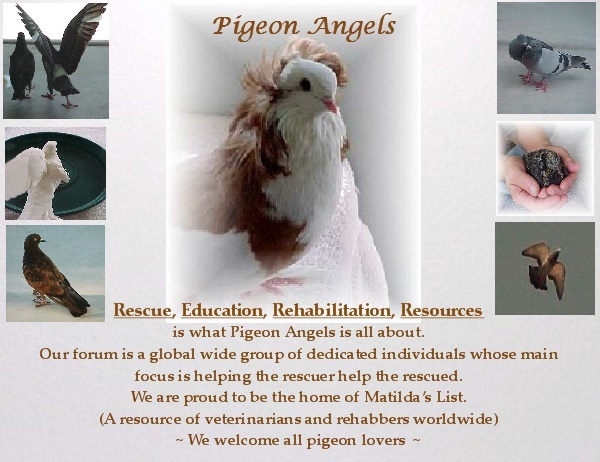Top 10 Common Foods that Can Poison Your Bird
1. ChocolateChocolate is a wonderful treat to share with human family members, but it can be harmful or fatal to your pet bird. Chocolate poisoning first affects a bird's digestive system, causing vomiting and diarrhea. As the condition progresses, the bird's central nervous system is affected, first causing seizures and eventually death.
2. Apple SeedsBelieve it or not, apples - along with other members of the rose family including cherries, peaches, apricots, and pears - contain trace amounts of Cyanide within their seeds. While the fruit of the apple is fine for your bird, be aware that in addition to the poisonous seeds, there may be pesticides present on the fruit's skin. Be sure to thoroughly cleanse and core any apple pieces that you share with your bird to avoid exposure to these toxins.
3. AvocadosThe skin and pit of this popular fruit had been known to cause cardiac distress and eventual heart failure in pet bird species. Although there is some debate to the degree of toxicity of avocados, it is generally advised to adopt a "better safe than sorry" attitude toward them and keep guacomole and other avocado products as far away from pet birds as possible.
4. OnionsWhile the use of limited amounts of onion or garlic powders as flavorings is generally regarded as acceptable, excessive consumption of onions causes vomiting, diarrhea, and a host of other digestive problems. It has been found that prolonged exposure can lead to a blood condition called hemolytic anemia, which is followed by respiratory distress and eventual death.
5. AlcoholAlthough responsible bird owners would never dream of offering their pet an alcoholic drink, there have been instances in which free roaming birds have attained alcohol poisoning through helping themselves to unattended cocktails. Alcohol depresses the organ systems of birds and can be fatal. Make sure that your bird stays safe by securing him in his cage whenever alcohol is served in your home.
6. MushroomsMushrooms are a type of fungus, and have been known to cause digestive upset in companion birds. Caps and stems of some varieties can induce liver failure.
7. Tomato LeavesTomatoes, like potatoes and other nightshades, have a tasty fruit that is fine when used as a treat for your bird. The stems, vines, and leaves, however, are highly toxic to your pet. Make sure that any time you offer your bird a tomato treat it has been properly cleaned and sliced, with the green parts removed, so that your bird will avoid exposure to any toxins.
8. SaltWhile all living beings need regulated amounts of sodium in their systems, too much salt can lead to a host of health problems in birds, including excessive thirst, dehydration, kidney dysfunction, and death. Be sure to keep watch over the amount of salty foods your bird consumes.
9. CaffieneCaffinated beverages such as soda, coffee, and tea are popular among people - but allowing your bird to indulge in these drinks can be extremely hazardous. Caffeine causes cardiac malfunction in birds, and is associated with increased heartbeat, arrhythmia, hyperactivity, and cardiac arrest. Share a healthy drink of pure fruit or vegetable juice with your bird instead - this will satisfy both your bird's tastebuds and nutritional requirements.
10. Dried BeansCooked beans are a favorite treat of many birds, but raw, dry bean mixes can be extremely harmful to your pet. Uncooked beans contain a poison called hemaglutin which is very toxic to birds. To avoid exposure, make sure to thoroughly cook any beans that you choose to share with your bird.
http://birds.about.com/od/feeding/tp/poisonousfoods.htm

